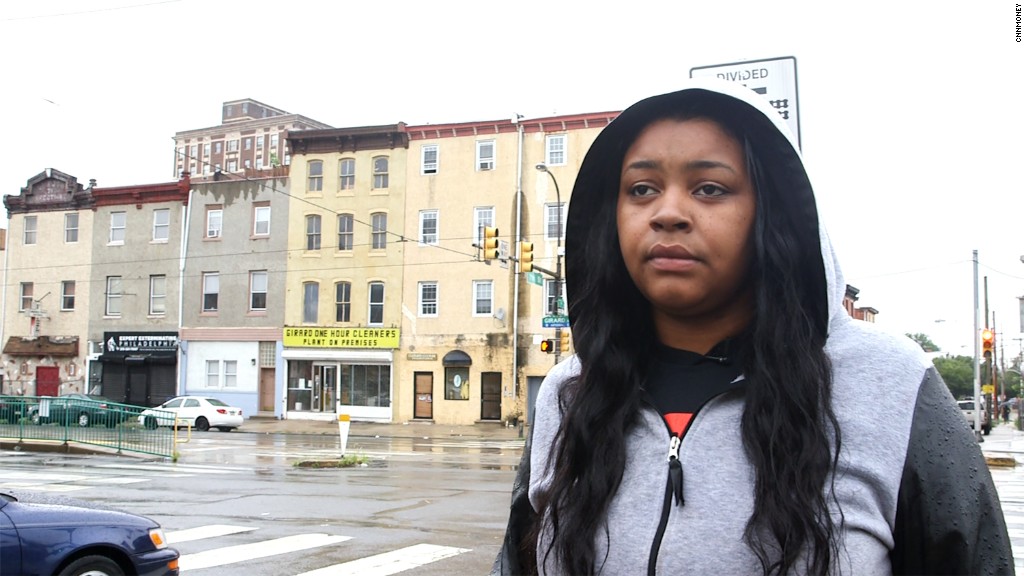
Berkeley likes to lead the way on progressive issues. And when it comes to raising the minimum wage, some in the California city are now trying to take the fight one step farther.
While workers and their advocates nationwide have rallied around pushing the minimum to $15 an hour, the Berkeley Labor Commission is proposing a $19 minimum by 2020.
The Berkeley City Council this week postponed a vote on the proposal until November.
Currently, Berkeley's minimum is $10 an hour. It's set to rise to $11 next month and to $12.53 by October 2016.
But the proposal would raise it to $13 by October 2016 and then increase it by $1.50 a year until it reached $19.
The rationale: Offer workers more of a living wage.
Related: This is the city with the highest minimum wage in America today
And the cost of living in Berkeley can be high. The average rent now tops $3,500, according to Zillow.
Still, the prospect of a $19 hourly wage within four years can make small business owners blanch.
The most common word used to describe the proposal by members of the Berkeley Chamber of Commerce is "ridiculous," said Polly Armstrong, the Chamber's CEO.
Their concern: It's too steep an increase. The implementation would be too quick. And it will push people out of business.
One restaurant owner who spoke to CNNMoney said she has been advocating for a higher minimum wage. But as it is, her full-service restaurant now subsidizes her take-out shop, which she said is running in the red as a result of the increases already in place. If the minimum rose to $19, she expects she would have to shut it down.
Related: New York seals deal on $15 minimum fast food wage
"We can raise our prices. But you can't charge $25 for a sandwich," said Dorothee Mitrani, who owns La Note. "A lot of mom-and-pop delis and cafes may disappear."
Armstrong noted that people often compare Berkeley to nearby San Francisco, Emeryville and Oakland, all of which currently offer higher minimum wages than Berkeley.
But it's not a fair comparison, in her view, since Berkeley is a city of small businesses, whereas big businesses with deeper pockets more typically operate in the neighboring cities.
"In Berkeley, everyone wants to be at the head of the line to do good for working people. But if a business goes out of business, jobs disappear and the city doesn't have a tax base," Armstrong said.



